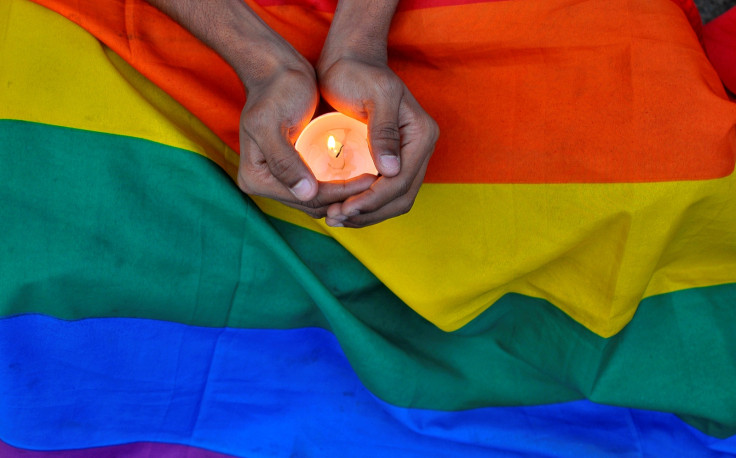Possible breakthrough for LGBT rights in India as top court agrees to re-examine ban on gay sex
The Supreme Court said a larger bench of judges should relook at section 377 of the Indian Penal Code.
India's highest court has agreed to re-examine one of the colonial-era laws criminalising homosexuality. The top court has promised that it will have a have a fresh look at the archaic legislation, and the upcoming verdict of the court might come as a victory for gay rights in the country.
The development comes four years after the apex court delivered a controversial verdict saying that same-sex consensual relationships are illegal in the country.
The Supreme Court on Monday 8 January, said a larger bench of judges should relook at section 377 of the Indian Penal Code (IPC) – the section number which has become a symbolic rallying point for LGBT activists in various platforms since 2013.
In spelling out judiciary's stance on consensual sexual encounters between individuals, the top court said: "The section of people who exercise their choice should never remain in a state of fear. The earlier decision of the Supreme Court in 2013 requires to be reconsidered because of the constitutional issues involved and we think it appropriate to send this to a larger bench."
According to the 377 legislation, which was framed in 1860 when the British were still ruling India, "Whoever voluntarily has carnal intercourse against the order of nature with any man, woman or animal shall be punished with imprisonment for life, or with imprisonment of either description for a term which may extend to ten years, and shall also be liable to fine." Technically, the court had earlier interpreted that gay sex was not natural in its 2013 verdict and hence classifying it as illegal.
The judges said: "What is natural may not be natural to the other. But the said natural and sexual orientation and choice cannot be allowed to cross boundaries of law but confines of law cannot trample or curtail the inherent right embedded in an individual under Article 21 of Constitution."
Though the law is hardly ever enforced in practice, there have been multiple allegations across the largely conservative country, where topics about sex and homosexuality remains a taboo, that the law is misused by perpetrators. Activists say police often use the legislation to threaten or harass the members of the LGBT community.
The Supreme Court's unexpected reconsideration – which comes after five key members of the LGBT community fought through a petition – has arrived as an opportunity to decriminalise homosexuality, say activists. The top court's judgment in 2013 originally overturned a lower court's decision that gay sex should never be considered illegal as it violates fundamental rights.
"I think it's high time we decriminalise homosexuality. We live in the 21<sup>st century, we're in 2018 already. It's about time that we bid goodbye to draconian laws which still criminalise things that happen between adults in the privacy of their bedrooms," Harish Iyer, one of India's prominent gay rights activists, told the IBTimes UK.
"Right to privacy is not complete when we've section 377 hanging over our head. It increases the chances of extortion. There has been a steep rise in the cases of extortions and suicides after the 2013 verdict by the Supreme Court. The court needs to correct its verdict and do something progressive decriminalizing homosexuality," he added.
Except for some conservative politicians, many leading political figures in the federal polity have thrown their weight behind the issue and argued that homosexuality should never be labelled a crime.
Iyer also went on to add: "I also think it's shameful a nation that stands for equality also stands for such regressive laws. The right-wing government has to understand that in the interest of not being anti-national one needs to stand up against section 377 because India always had a culture respecting people from different genders and different sexualities."























